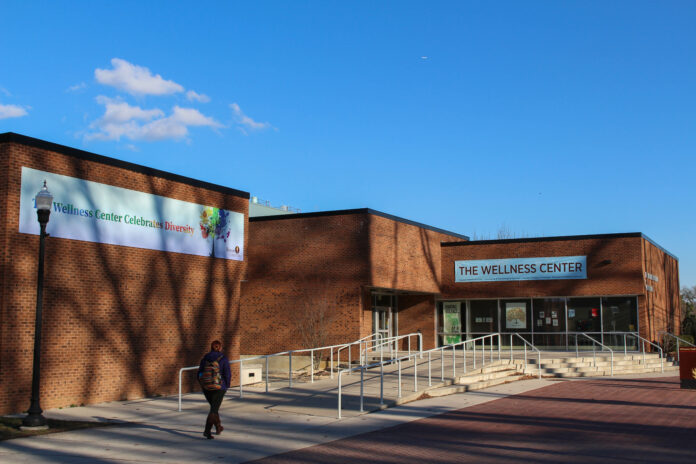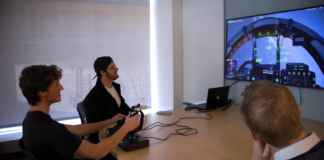Rowan University’s fourth annual First-Generation Symposium, held virtually on February 11, highlighted specific challenges that first- and continuing-generation students have faced amid the COVID-19 pandemic. Spanning three days, this event featured several workshops and presentations that focused on core issues that students continue to deal with, such as financial and personal stress, fatigue, worry and mental and physical health.
A national research group, consisting of panelists from six different universities, put together a survey for first-generation students that focused on dealing with the coronavirus at home. Using findings from this survey, combined with those of the fall 2020 Rowan COVID-19 survey, Dr. Harriet Hartman, professor of sociology and chair of the sociology and anthropology department, explained how first- and continuing-generation students are dealing with facing the unknown.
The impact of COVID-19 has left many students feeling uncertain about their future. Not only have financial and academic insecurities increased, but also barriers to academic persistence, pressures to balance family obligations with college and mental and physical discomforts.
One of the more concerning issues, economic vulnerability of first- and continuing-generation students, was studied by comparing how students felt before COVID-19 with their feelings leading up to this point. Both groups found themselves lacking confidence in the ability to finance their education, and felt that they do not have the funds to either return to college or to finish getting their degree.
“We are all feeling those academic-related barriers that are making us identify less with college,” Hartman said. “Most students are feeling a continued commitment to college resistance, whether they are first-generation or not. Everybody is feeling a problem about getting resources needed for the virtual learning environment to the same extent. And we all feel a need for equal access to emotional support, love and affection and having somebody to give us advice to solve problems.”
First- and continuing-generation students can have minimal or significant differences in lifestyle, with categories such as mental and physical health, academic-related barriers to college resistance, family-related barriers to college persistence and financial vulnerability playing a large role.
COVID-19 has brought many issues to the surface that are now either short- or long-term, with 68% of students feeling that mental health will be an immediate issue, 55% feeling as though connections with friends will be an immediate issue and 32% feeling that physical health will be a long-term problem.
Academic barriers and challenges have always made receiving a college education difficult, even before coronavirus, but now the walls have risen even higher. Before the pandemic, 38% of students admitted to having poor study habits. Now, that number has grown to 55%, with students also feeling as though their grades are lower than expected.
Both surveys show that first-generation students have more obstacles to overcome than continuing-generation students, with social class determining the results for each group.
“You see that there is a difference by social class, but that difference isn’t always consistent,” Hartman said. “When you look at connections with families, personal loss and access to supplies and food, there is a clear social class difference, where lower social class has more problems among first-generation. If you look at the long-term problems, you see that even more.”
Students that were surveyed felt that a few factors measured were an immediate problem, but would not be long-term—like access to supplies, enough food and facing personal loss. 33% of students feel that there is more access to resources in school today versus 12% before COVID-19.
COVID-19 has challenged first- and continuing-generation students with many new and unforeseen circumstances, but what matters most is how we can help one another in this time of need.
For comments/questions about this story, email features@thewhitonline.com or tweet @TheWhitOnline.






